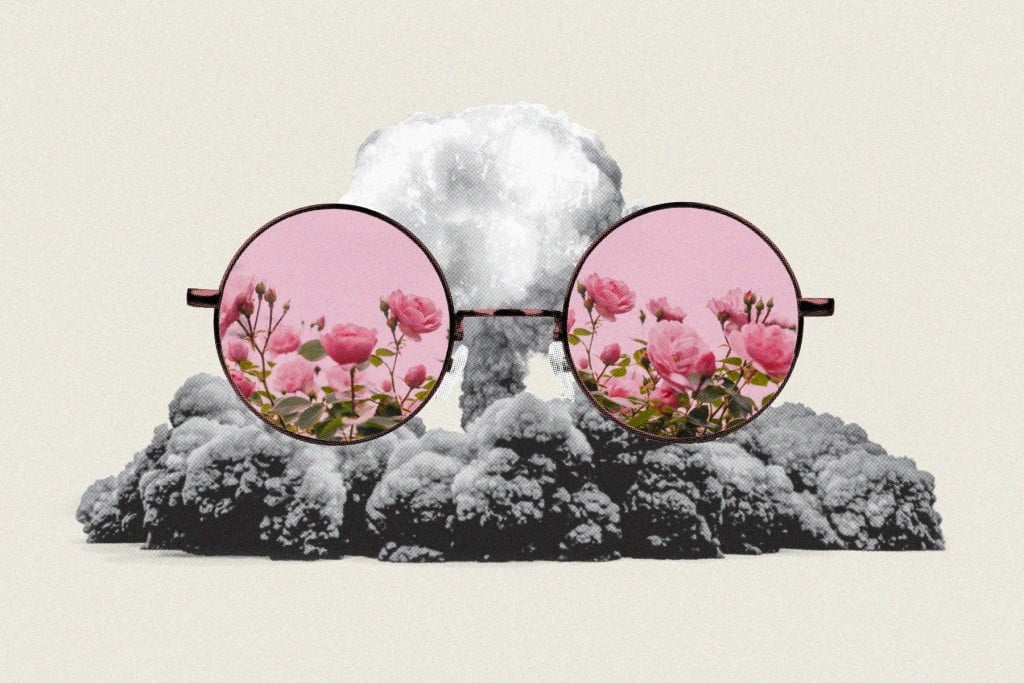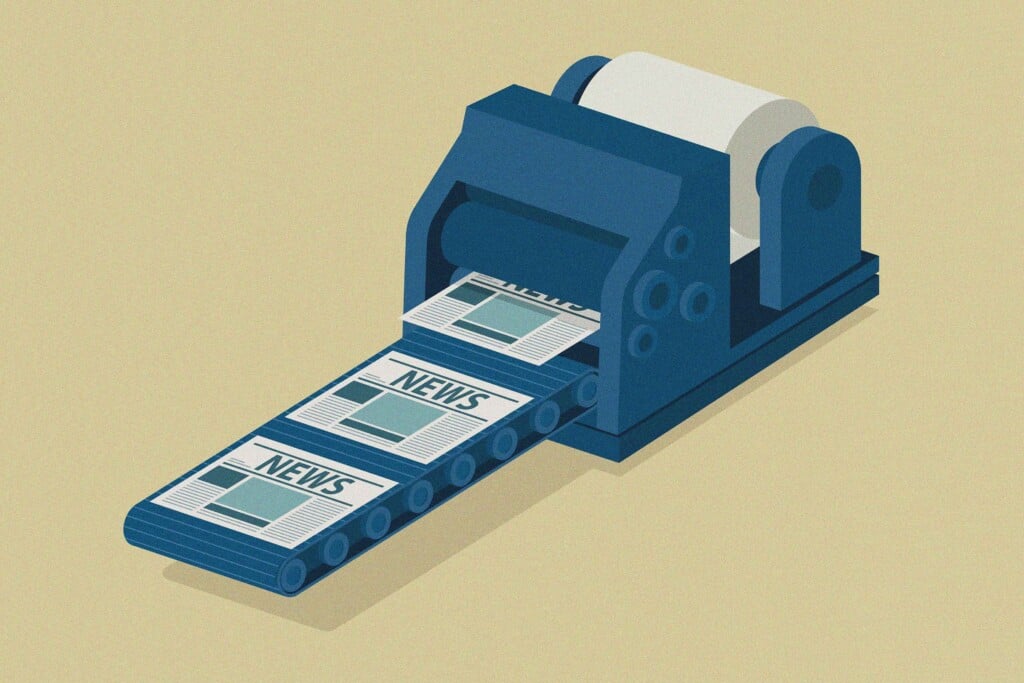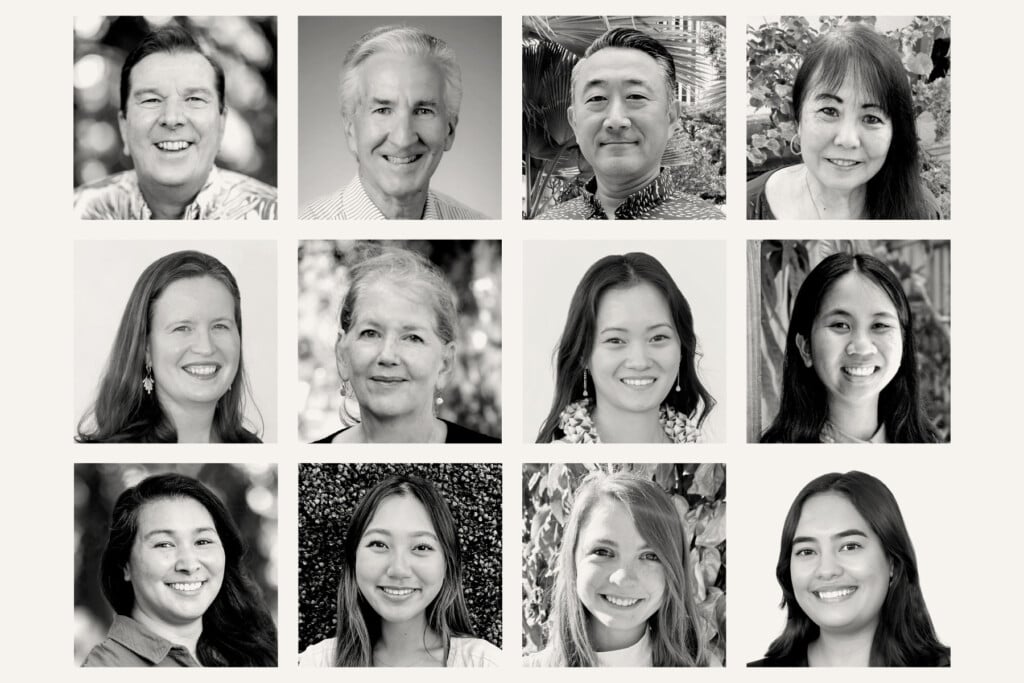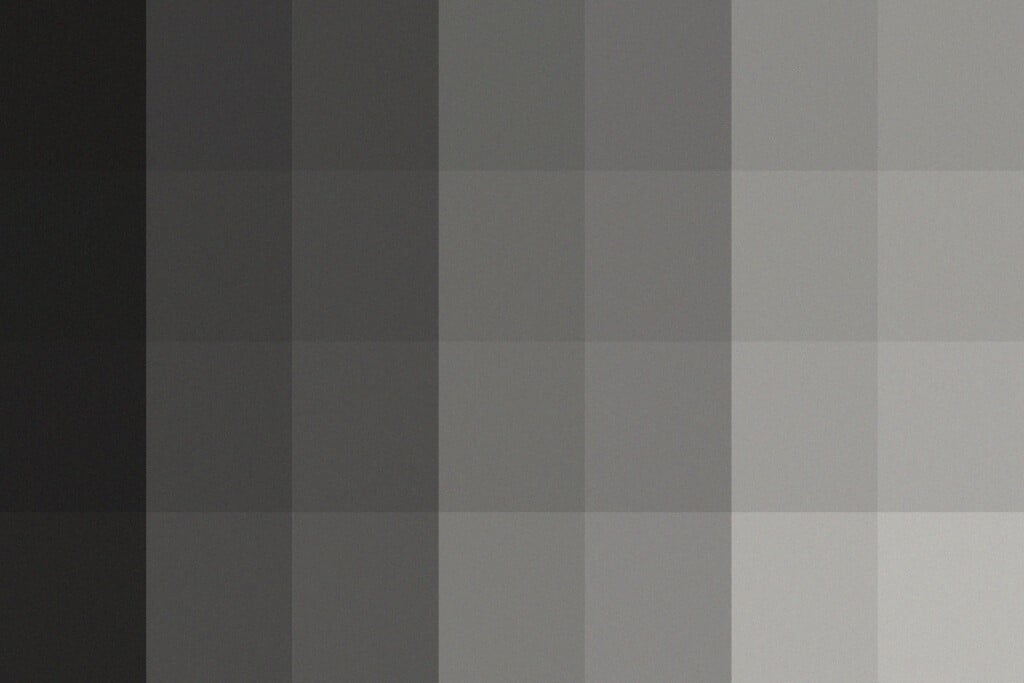Vaccine Resistance and Red Hill Crisis Share a Common Thread: “Social Weakness”
When people lack connection to the broader community, they can make poor decisions.

This issue’s article about well-paying civilian jobs provided by the military comes at the same time as news about Red Hill’s threat to O‘ahu’s fresh water. It’s a threat that can no longer be denied, even by the Pentagon.
What seems like awful timing for a story on civilian jobs is a side-effect of in-depth reporting that takes months to complete. Rather than hold the article, I published it. But I want to connect Red Hill, vaccine resistance and the way forward for Hawai‘i and the armed forces.
Soon after I started working in the Honolulu Star-Bulletin newsroom in 1986, a colleague joked that the editorial department’s motto was “On the Other Hand.” That was a jab at the editorial writers’ habit of seeing both sides of an issue – an approach now as out of fashion as landline phones at home.
Many media commentators today suffer from the opposite vice: A contempt for an issue’s other side. Opinion pieces that lay out the grays are less compelling than “Liar, Liar, Pants on Fire!” – which is what readers and viewers often want.
But I’ve always been a fan of “On the Other Hand” when warranted. Even when there is only one side to reality – whether it’s climate change or the efficacy of vaccines – I want to understand why people choose delusion. Because if you want to persuade fence-sitters, you need to know why others won’t budge from the delusional side of the fence.
Why Was It Ignored?
Spoiler alert: There is no “other side” to Red Hill. As Hawaii Business Magazine and other media reported for decades, the fuel storage tanks were a disaster waiting to happen. For great reporting on the issue, see our 2016 article, tinyurl.com/redhillreport.
Why was something so obvious ignored by the military and how can we prevent similar disasters? For that, I begin with a multilayered piece called “Behind Low Vaccination Rates Lurks a More Profound Social Weakness,” written by two people on the Covid front lines: Anita Sreedhar, a primary care physician in the Bronx with a degree in public health, and Anand Gopal, a sociologist/journalist assisting with vaccinations in poor countries. (Read it at tinyurl.com/vaccdeny.)
We know politics is the main dividing line between the vaccinated and unvaccinated, but the authors emphasize education and income. Poor and less educated people are less likely to be vaccinated than affluent and college-educated people – no matter the race or ethnicity.
As an affluent, middle-aged white male, the clearest threat to my existence now is Covid-19, so I got my vaccine and booster ASAP. Maybe it was a no-brainer for you too.
“For poorer and working-class people, though, the calculus is different: Covid-19 is only one of multiple grave threats. In the South Bronx, one man who works two jobs shared that he navigates around drug dealers, hostile police and shootings,” the authors write.
“Their Hesitancy is Not Irrational”
Others who won’t get vaccinated had similar stories of unemployment, addiction and worse. “Their hesitancy is not irrational: When viewed in the context of the other threats they face, Covid no longer seems uniquely scary,” they write.
These people also feel abandoned by society and government, which erodes their trust in both, and therefore trust in the vaccines. And feeling abandoned by society, they feel no obligation to public health or the greater good.
Think of the military officers based in Hawai‘i who let Red Hill happen: Most spent only a few years in Hawai‘i before their next assignment. Their vision was short-term and their loyalty to the Pentagon, not to O‘ahu’s people, drinking water and public health.
Only when you feel a strong connection to a society will you do the right thing. We call it ‘ohana. It’s a connection we need to build among low-income residents and transient military leaders. It’s simple and clear but not easy.






